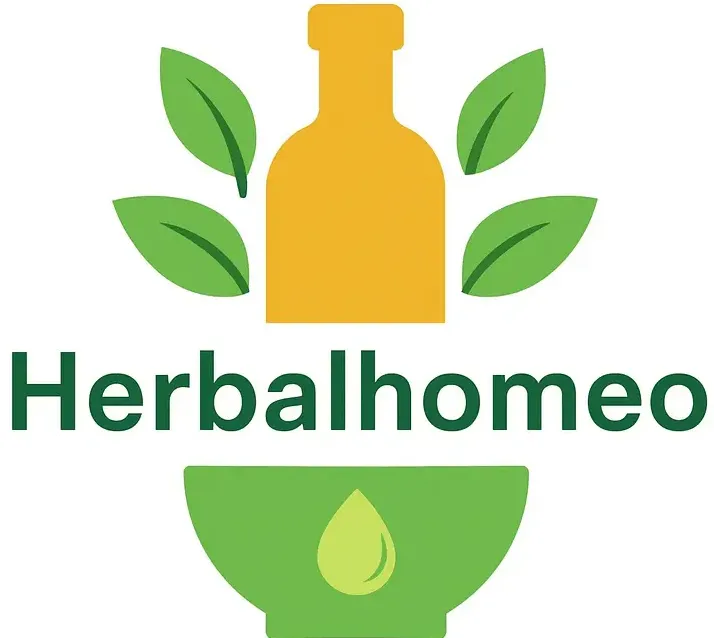THE 12 TRIGGERS OF INFLAMMATION – The Root Causes
Introduction
Inflammation is often misunderstood. While it’s a natural defense mechanism of the body, chronic inflammation can lead to serious health issues. If you’ve been feeling sluggish, experiencing unexplained pain, or noticing other health problems, inflammation might be the culprit. Let’s uncover its root causes and explore actionable steps to tackle it.
What is Inflammation?
Acute vs. Chronic Inflammation
Acute inflammation is a short-term response to injury or infection. Think of the redness and swelling you get after a cut. Chronic inflammation, on the other hand, is like a slow burn—ongoing and harmful over time.
The 12 Triggers of Inflammation
1. A Gallbladder Issue or Bile Sludge
When bile flow is disrupted, digestion suffers, leading to increased toxins in the body. This can spark inflammation.
2. Vitamin D Deficiency
Vitamin D is crucial for regulating immune responses. A deficiency can exacerbate inflammatory conditions.
3. Stress or Loss
Chronic stress releases cortisol, which, in high levels, can fuel inflammation throughout the body.
4. Ingredients in Restaurant Foods
Hidden additives, preservatives, and processed oils often found in restaurant meals are major inflammation triggers.
5. Sugar, Grains, Gluten, and Seed Oils
These foods are notorious for spiking blood sugar and creating a pro-inflammatory environment in the body.
6. Unhealthy Keto Snacks
Not all keto snacks are created equal. Processed options loaded with artificial ingredients can work against your efforts to reduce inflammation.
7. Visceral Fat
Excess fat around the organs isn’t just unsightly; it’s a major source of inflammatory cytokines.
8. High Iron Levels
Too much iron can act as an oxidant, causing cellular damage and inflammation.
9. Alcohol
While occasional drinking may be fine, frequent alcohol consumption disrupts gut health and promotes inflammation.
10. Food Allergies and Food Intolerances
Undiagnosed intolerances can lead to a cascade of immune responses, creating chronic inflammation.
11. Frequent Eating
Eating too often doesn’t give your digestive system a break, potentially leading to inflammatory gut issues.
12. Oxalates and Lectins in Vegetables
Even healthy foods can be problematic for some. High levels of oxalates and lectins can irritate sensitive individuals.
Natural Ways to Reduce Inflammation
1. Get on the Healthy Keto Diet
A well-formulated keto diet focuses on whole, unprocessed foods, helping to reduce inflammatory triggers.
2. Start Intermittent Fasting
Giving your body time to rest between meals can significantly lower inflammation markers.
3. Take Vitamin D3
Supplementing with vitamin D3 ensures your body has what it needs to regulate inflammation.
4. Consume Glutamine
This amino acid, found in red meat and cabbage, is especially beneficial for gut inflammation.
Homeopathic Treatments for Inflammation
Homeopathy offers individualized remedies tailored to the patient. Some effective options include:
- Bryonia: For joint pain with stiffness.
- Rhus Toxicodendron: Helps relieve muscle soreness and swelling.
- Arnica Montana: Ideal for post-injury inflammation.
Homeopathic treatments consider the whole person, addressing not just symptoms but root causes.
Why Addressing Inflammation is Crucial
Unchecked inflammation is a silent contributor to many chronic illnesses. Tackling it with a holistic approach—focusing on diet, lifestyle, and natural treatments—can transform your health.
Conclusion
Inflammation doesn’t have to control your life. By understanding its triggers and making informed choices, you can reduce its impact and pave the way for a healthier future. Start small, stay consistent, and let your body heal.
FAQs
1. What are some quick tips to lower inflammation naturally?
Avoid processed foods, incorporate anti-inflammatory herbs like turmeric, and practice stress-reducing activities like yoga.
2. Can inflammation be completely cured?
While you can’t eliminate all inflammation, managing triggers can significantly reduce its harmful effects.
3. Is intermittent fasting suitable for everyone?
It’s generally safe, but consult a healthcare provider if you have specific medical conditions.
4. How does sugar impact inflammation levels?
Sugar spikes insulin, which can lead to increased inflammation over time.
5. Are homeopathic remedies effective for inflammation?
Yes, when tailored to individual needs, homeopathic remedies can provide significant relief.
